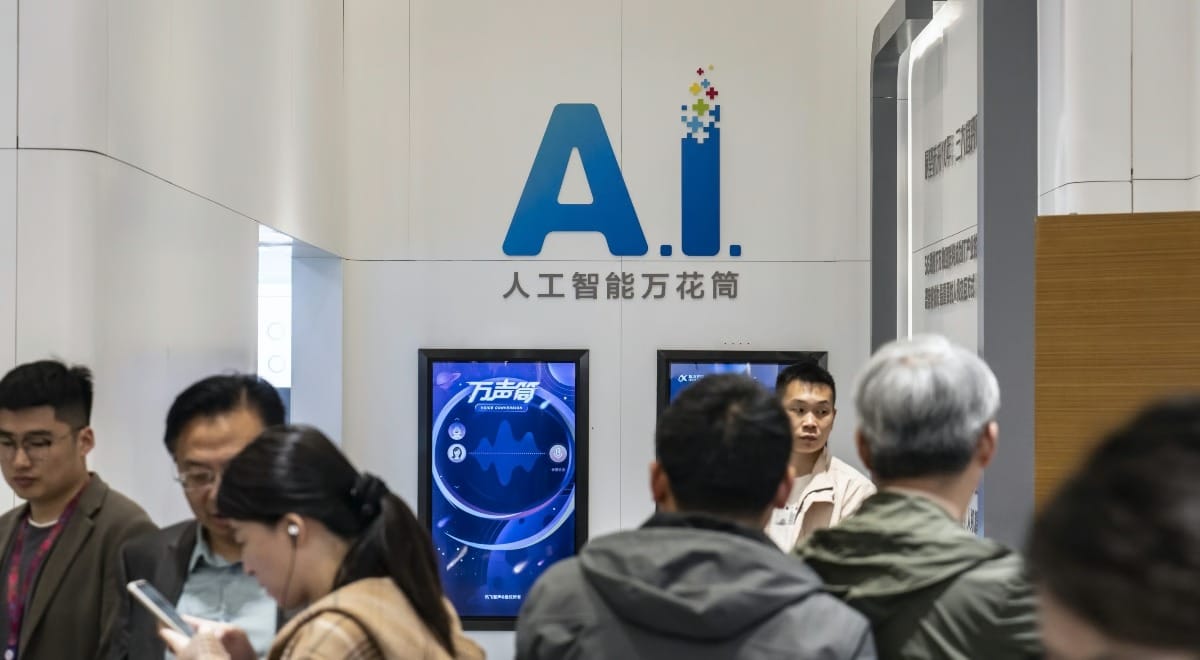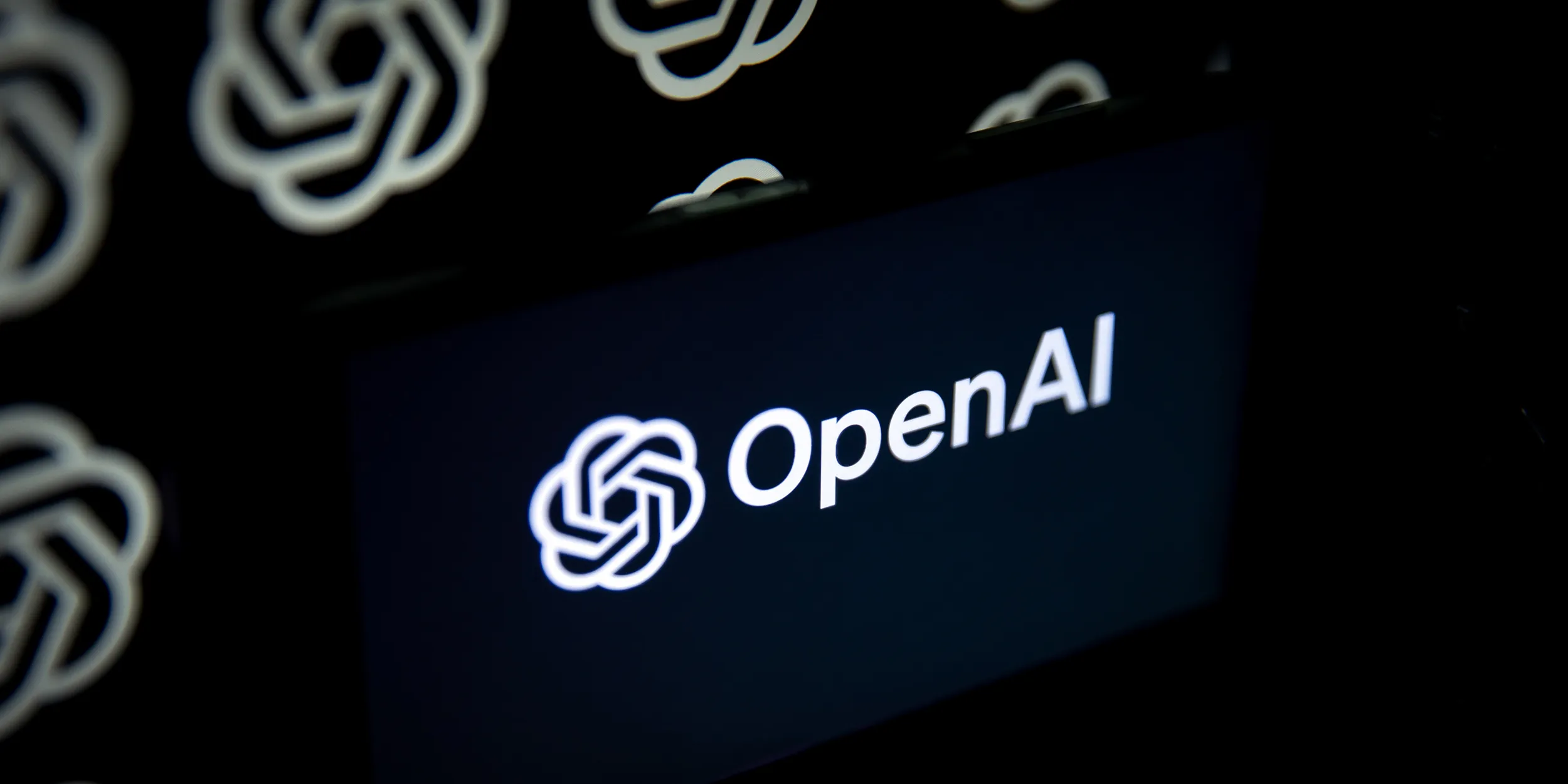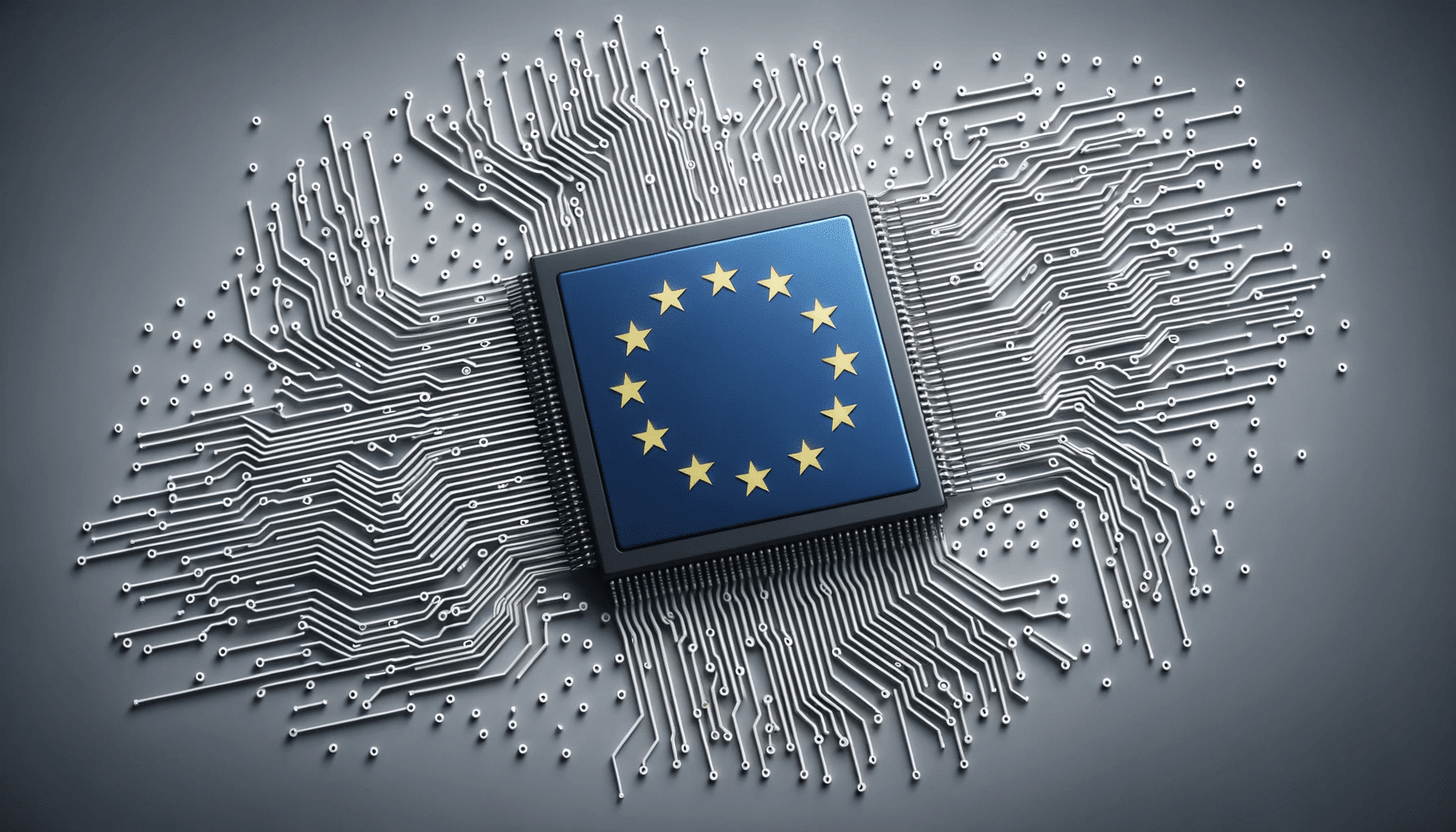- 🔺 The number of organizations lobbying the U.S. government on AI nearly tripled from 2022 to 2023, with tech giants dominating the efforts.
- 💰 Large tech companies like Amazon, Meta, Google, and Microsoft are vastly outspending newcomers and civil society groups on AI lobbying, thanks to their deep pockets and sophisticated lobbying apparatuses.
- 🗣️ While tech companies publicly support AI regulation, they tend to push for light-touch and voluntary rules in closed-door meetings with officials, according to congressional staffers and advocates.
- 🆕 Many new organizations, including AI companies like OpenAI and Anthropic, as well as civil society groups and universities, began lobbying on AI for the first time in 2023.
- ⏳ As substantial federal AI legislation becomes a possibility, lobbying efforts from all parties are expected to intensify, with little time left for Congress to pass an AI-related bill before the presidential election.
- 🌐 There is a contrast between the public statements of tech companies supporting AI regulation and their private lobbying efforts, which tend to favor permissive or voluntary regulations, according to sources.
As the rapid advancement of artificial intelligence (AI) technologies continues to captivate the world, a fierce lobbying war is brewing behind the scenes in Washington, D.C. At the center of this battle lies the crucial question: How should AI be regulated to ensure responsible development and deployment while fostering innovation?
The Lobbying Frenzy
In 2023, the number of organizations lobbying the U.S. government on AI-related issues skyrocketed, nearly tripling from the previous year. This surge in lobbying efforts can be attributed to the growing recognition of AI’s transformative potential and the increasing likelihood of substantial federal legislation being passed to govern its development and use.
Tech Giants Dominate the Playing Field
While the influx of new players has diversified the lobbying landscape, the tech giants remain the dominant forces. Companies like Amazon, Meta, Google, and Microsoft are vastly outspending newcomers and civil society groups, thanks to their deep pockets and well-established lobbying apparatuses.
These tech behemoths have been ramping up their lobbying expenditures for over a decade, allowing them to build sophisticated teams of experienced lobbyists who understand the intricacies of the legislative process and maintain extensive networks on Capitol Hill.
The Spending Gap
The spending gap between tech giants and other organizations is staggering. In 2023, Amazon, Meta, Google’s parent company Alphabet, and Microsoft each spent over $10 million on lobbying efforts, dwarfing the budgets of most newcomers and civil society groups.
For instance, the Mozilla Foundation, a nonprofit organization focused on internet privacy and security, spent a mere $120,000 on lobbying, while the Center for AI Safety Action Fund, a nonprofit advocating for responsible AI development, allocated only $80,000 to these efforts.
Public Statements vs. Private Lobbying
Interestingly, there appears to be a contrast between the public statements made by tech companies and their private lobbying efforts. While many tech giants have publicly expressed support for AI regulation, sources within congressional offices and advocacy groups suggest that behind closed doors, these companies tend to push for light-touch and voluntary rules.
According to congressional staffers and advocates familiar with the closed-door meetings, tech companies often advocate for permissive or voluntary regulations, which could potentially undermine the effectiveness of any proposed AI legislation.
Newcomers and Civil Society Groups Join the Fray
Despite the tech giants’ dominance, the lobbying landscape has become more diverse, with a influx of new players entering the arena. AI companies like OpenAI and Anthropic, which have developed some of the most advanced AI models, have begun lobbying for the first time in 2023.
Additionally, civil society organizations, such as the American Federation of Labor and Congress of Industrial Organizations (AFL-CIO) and the NAACP, have joined the fray, advocating for the protection of workers’ rights and the prevention of algorithmic bias and discrimination.
Universities and research institutions, like the Massachusetts Institute of Technology (MIT) and Yale University, have also entered the lobbying arena, seeking to influence AI policies that could impact academia and research.
The Race Against Time
As the possibility of substantial federal AI legislation looms, the lobbying efforts from all parties are expected to intensify further. With little time left for Congress to pass an AI-related bill before the presidential election, the race to shape the future of AI regulation has become more urgent than ever.







